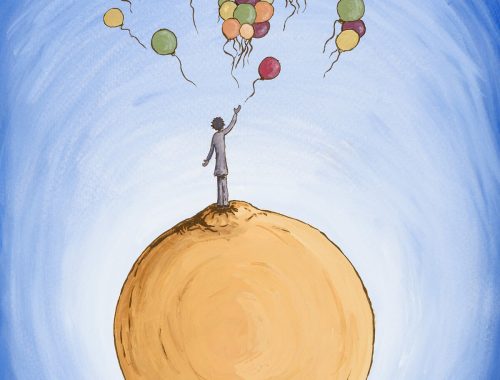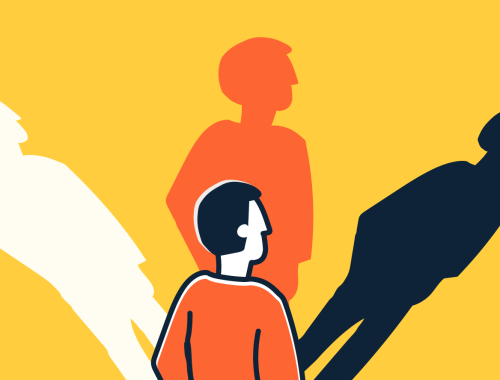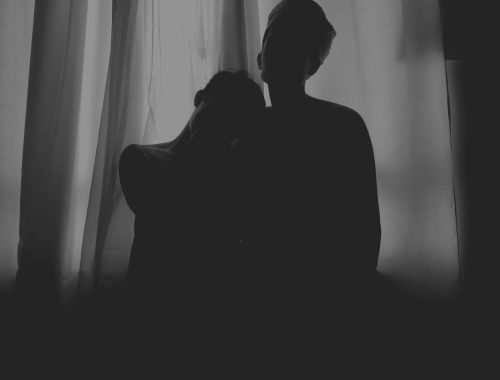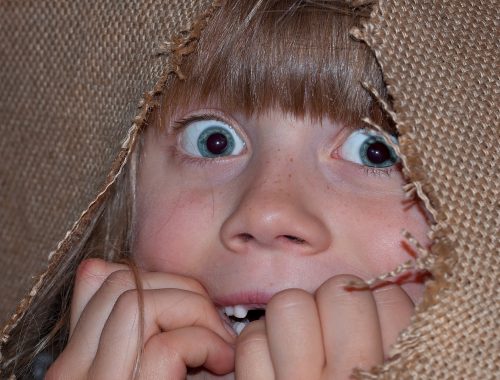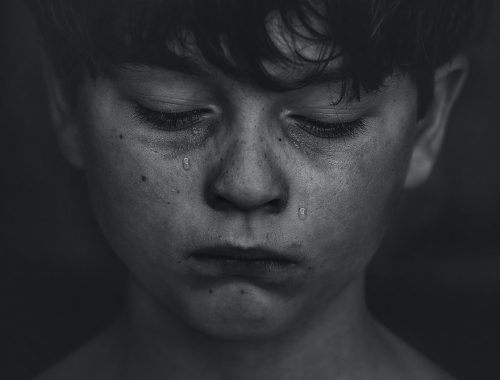The Liberating Journey: Mastering the Art of Letting Go
In the tapestry of life, we often find ourselves clinging to the past, holding onto things, relationships, or emotions that no longer serve us. Learning the art of letting go is a transformative process that can lead to greater freedom,…
A Simple Guide To Choosing an Effective Anger Management Course
Anger is a natural emotion that everyone experiences, but for some individuals, anger can become overwhelming and challenging to manage. When anger interferes with daily life, relationships, and well-being, seeking help through an anger management course can be a valuable…
Dissociative Disorders: The Effects of Traumatic Events on the Psyche
Dissociation is a disconnection between a person’s thoughts, memories, feelings, actions or sense of who he or she is. This is a normal process that everyone has experienced. Examples of mild, common dissociation include daydreaming, highway hypnosis or “getting lost”…
Why Do You Need Psychotherapy In Your Life?
Now considered a medical branch, psychotherapy is currently revolutionizing. A treatment that can help you find your way back or find yourself mentally in the most sensitive situations, isn’t that something fabulous? In general, a psychotherapist is the one who…
How Being Kinky Can Actually Help Mental Health
The word kink has myriad associations — leather, spanking, corsets, whips, maybe even a ginger root. While its depictions in popular culture are abundant and eager, they are hardly ever accurate. Fifty Shades of Grey, for example, is perhaps the…
Why Do Some People Find Themselves Ugly In Pictures
The face you see in a photo is not always the one you expect. You’re charming and good-looking, but when you see your face in the pictures, all your joy and enthusiasm go out the window. When you look at…
Munchausen By Proxy: 4 Things Everyone Should Know
The First time most of us have heard the term Munchausen by proxy, and least in my case, was because of the Gypsy Rose Blanchard case and most recent if in Tate Taylor’s Ma. However, how many of us really know…
A Guide to Personality Disorders
Personality disorders are classified and defined by the American Psychiatric Association’s Diagnostic and Statistical Manual of Mental Disorders (DSM) as mental illnesses. Difficulty coping with normal stress and trouble forming relationships with family, friends, and coworkers may all be indications…
Dealing With A Mental Ill Child
Having a kid with a mental illness can be difficult, but there are ways to make things easier. Start by observing your kids’ moods, behaviors, and emotions. Because mental health disorders can worsen without treatment, early intervention, particularly with indicators…
AN EXTENSIVE GUIDE TO CHILD TRAUMA (PART 3)
Whenever a child (0-18 years old) experiences a terrible event, it can cause shock or distress that leads to trauma. When a child experiences trauma, they may feel distraught, used up, and hurt. Know that adults are different from children,…
